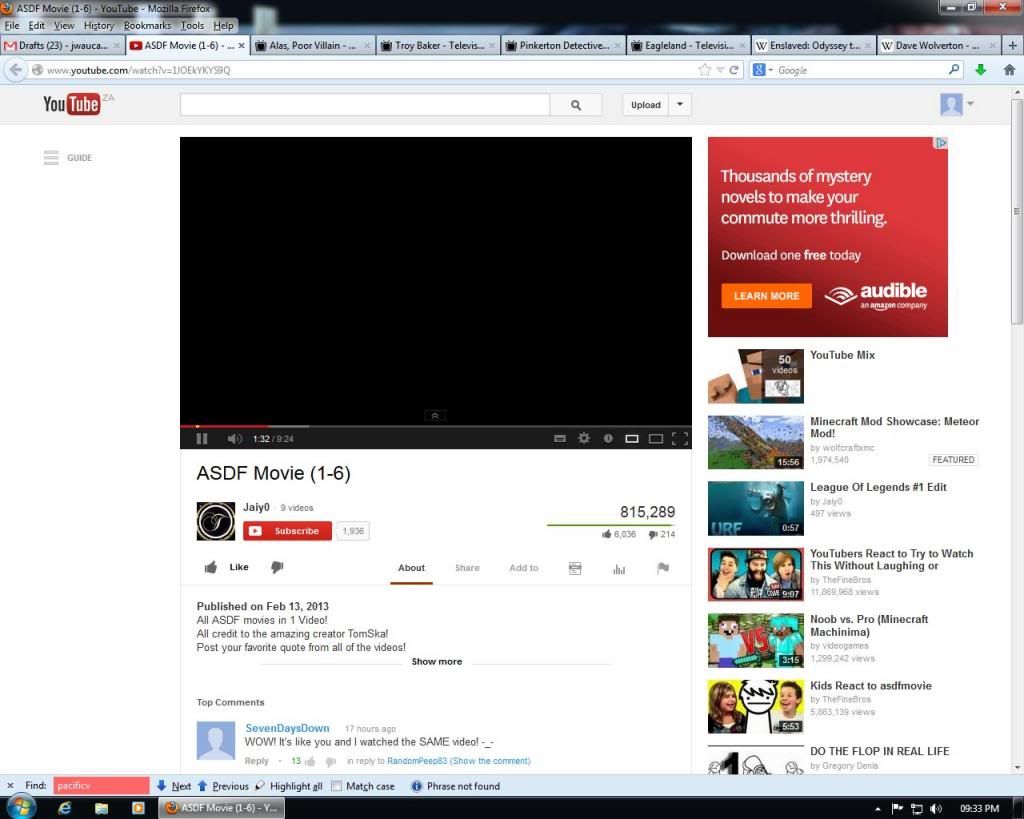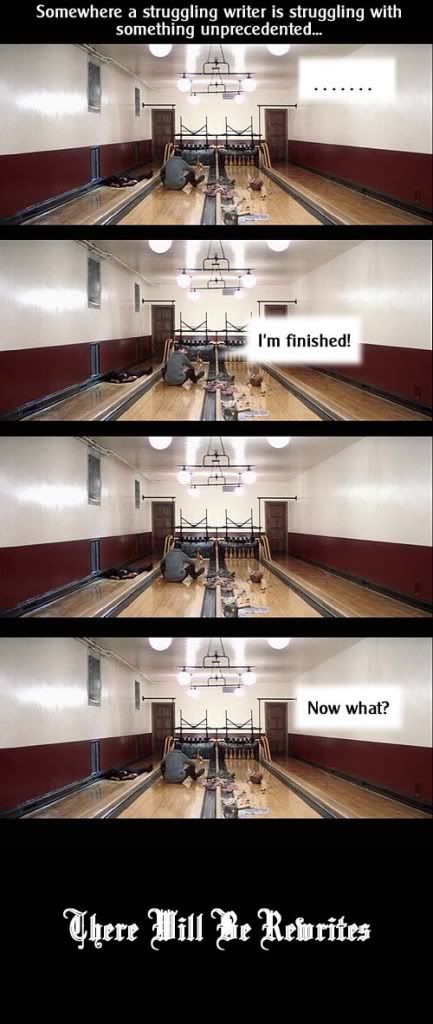Haven't updated in more than two months, so as an added incentive I
decided to list at least every two weeks my progress on both (a) my
first novel's rewrite progress and (b) word count for my new novel.
Let's see how it goes from here.
Book One Rewrite Progress: 14%
Book Two Progress: 44 700 words (aprox)
But
why this lag between updates? It comes down to having the time.
Recently my work-load and pressure at work increased, meaning my
time-table shifted and I come home exhausted. It took a month or so to
adjust, though I did do some writing when I had the chance. Time-management can be tricky for a part-time writer like myself.
Its (relatively) easy for Neil Gaiman, Stephen King and George RR Martin
to sit around the house and work on their novels. And writers with a
journalist background come with this built-in. But if, like the rest of
us, you have a day job and need to get up at five in the morning to miss
traffic then finding the time to work on one's magnum opus can become a
challenge.
But fear not, for in truth we have the time, we just need the wisdom
to see it and acknowledge our faults, or in this case distractions.
There
are, as I see it, three big distractions that can sink a potential
writing career. One is work, which is unavoidable in this day and age,
but even if you sit at home you still have certain chores and
responsibilities that can also drive away your attention. Too much work
would work against your writing, especially if you're aiming for an epic
like I do.
Secondly, there is something that is necessary in
writing: other narratives. Television with good stories, good movies,
video-games with good stories and books. Where are the carefree days
where television was trash or disposable? Well, a lot of it is still
trash, but I think the percentage of quality writing on most shows are a
lot higher, so there's that. Keeping tabs on all one's favourite shows
is coming close to being a chore. And naturally books have to be read,
absorbed and studied.
But my biggest problem personally is probably
the internet. Its easy to get distracted there, even when you're
writing and you need to quickly confirm something, from the atomic
number of Cobalt (27 - I Googled it) to the name of the river closest to
Kleinmond in the Western Cape (Palmiet River). You say to yourself "Oh,
I'll be there quickly" but before you can collect yourself two hours have passed and
you're watching a video of random humour with ten other tabs open at the
top while your writing project languishes in the corner of your screen
alone, unloved, unfinished.
 |
| Not pictured: my novel. Technically blogging falls under problem #3. D'oh! |
But I have found ways of making time, even if it means putting off finishing the third season of Game of Thrones or leaving that Akira Kurosawa box-set on the shelf half-watched far longer than I care to.
I get annoyed when people get annoyed with me for not finishing these
things (as they want to discuss it) but I can live with that. And in the
mornings before work, when my mind is cold and clinical and I don't
feel like writing new stuff, I devoted to re-writing or editing the original book. I'm eating an elephant two bites at a time, and I'm fine with that (though it takes a long time to digest).
